Sweden Builds Momentum in Quantum With Major Private Investment and Nordic Cross-Border Collaboration
At Quantum World Congress 2025, Sweden showcased the maturation of its quantum ecosystem—driven by world-leading private investment, a forthcoming national strategy, expanding SMEs, and a major new Nordic collaboration on resilient critical infrastructure.
Delivering the National Quantum Update: Sweden at Quantum World Congress 2025, Jon Wingborg presented an in-depth look at Sweden’s rapidly evolving quantum ecosystem. He highlighted the country’s unique combination of strong private investment, industrial leadership, coordinated ecosystem-building, and expanding Nordic partnerships.
Wingborg began by emphasizing Sweden’s status as “one of the countries putting a lot of money into quantum,” driven in large part by the breakthrough Wallenberg Centre for Quantum Technology (WAC). Launched in 2018, WAC was one of the world’s first large-scale quantum programs funded entirely by a private foundation—the Wallenberg family—well before most national governments initiated major quantum efforts.
“This is now a time for a leap in the Nordic collaboration.”
Since WAC’s launch, Sweden has developed a Swedish Quantum Agenda, and the country is now awaiting a new national quantum strategy, expected to reinforce the role of quantum and emerging technologies as priorities in the latest national Research and Innovation Bill.
Industry-Led Clusters and Sweden’s Multi-Actor Model
A new wave of “excellent clusters” is taking shape in Sweden, where research institutions, companies, and international partners propose strategic focus areas. Quantum will be one of these domains, though whether the cluster will focus principally on computing, sensing, or communications will be determined by the participating actors themselves.
Wingborg emphasized a central principle of Sweden’s national approach: everyone must be in the room together. That means:
Research organizations
Innovation agencies
Investors
Government authorities
And critically: end users from industry
This is essential, Wingborg explained, because Sweden—despite having just 10.5 million people—hosts a remarkably diverse industrial base capable of serving as sophisticated early adopters of quantum technologies. Major sectors include:
Automotive (Volvo Trucks, Scania, Volvo Cars)
Global logistics & manufacturing (IKEA)
Life sciences (AstraZeneca)
Mining & advanced materials
This industrial depth is already drawing international interest. INQ, a major global quantum hardware company, recently opened an R&D office in Sweden, integrating directly into the Swedish ecosystem.
A Growing Landscape of Quantum SMEs
Sweden now has roughly 15 quantum SMEs, a significant number given its population size. These companies span superconducting technologies, quantum computing, quantum sensing, and quantum communication, contributing to a vibrant and steadily growing commercial landscape.
The WAC Program: Early Leadership, Long-Term Impact
Wingborg spotlighted the continued importance of the WAC program, which remains one of Sweden’s most important quantum milestones. Its original objective—to build a 100-qubit quantum computer—was groundbreaking at the time. But its deeper impact has been in developing new techniques, generating spinouts, advancing Swedish quantum engineering talent, and providing critical national infrastructure.
WAC also operates a quantum testbed that includes quantum computers, dilution refrigerators, and specialized hardware environments, supporting Swedish researchers and startups alike.
A New Era: Deepened Nordic Collaboration
One of the most significant developments Wingborg shared was the emergence of a new era of Nordic quantum collaboration. Earlier this year, the Prime Ministers of the Nordic countries released a joint statement committing to shared innovation efforts around quantum technologies.
The first flagship initiative under this agreement is RESTING—Resilience and Critical Infrastructure for the Nordics—a project funded by Nordic Innovation. RESTING brings together ecosystem leaders from Sweden’s QCP, Finland’s InstituteQ, Denmark’s national quantum community, and major companies from across Sweden, Finland, Denmark, and Norway (with Norway expected to join the advisory board).
The project’s goal is to identify cross-border industry use cases and develop joint Nordic strategies for protecting critical infrastructure using quantum technologies. RESTING marks the first step in what is expected to become a broad wave of new Nordic quantum initiatives.
An Open, Vibrant, Internationally Connected Ecosystem
Wingborg closed by highlighting Sweden’s eagerness for collaboration. He invited global partners to contact QCP directly—promising to help connect any international organization with the right Swedish partners across industry, government, and research.
“Please contact us,” he said. “We are more than happy to collaborate with you.”
